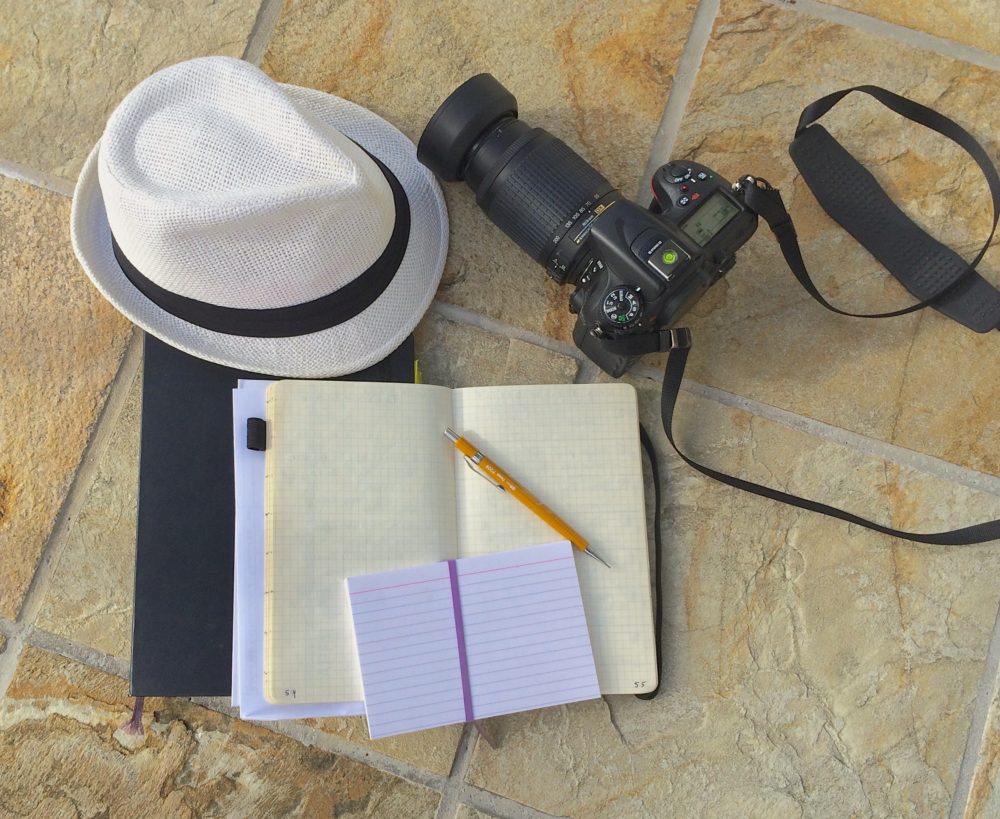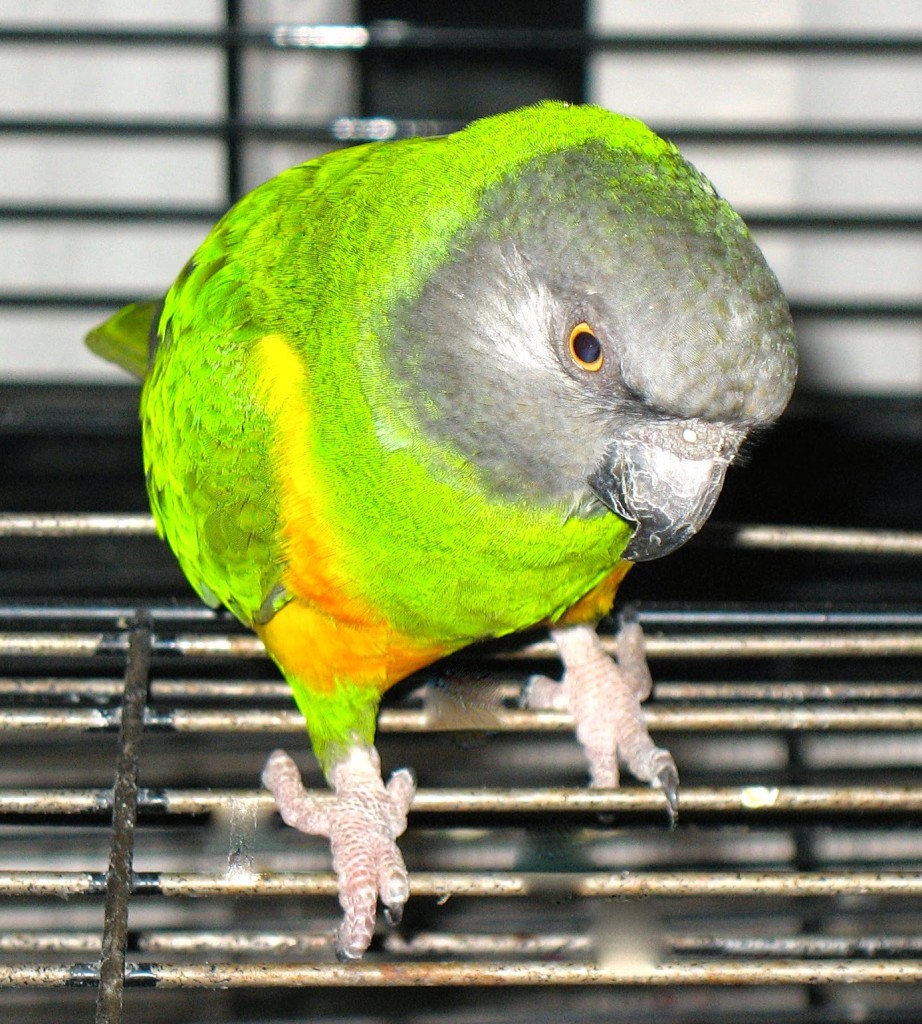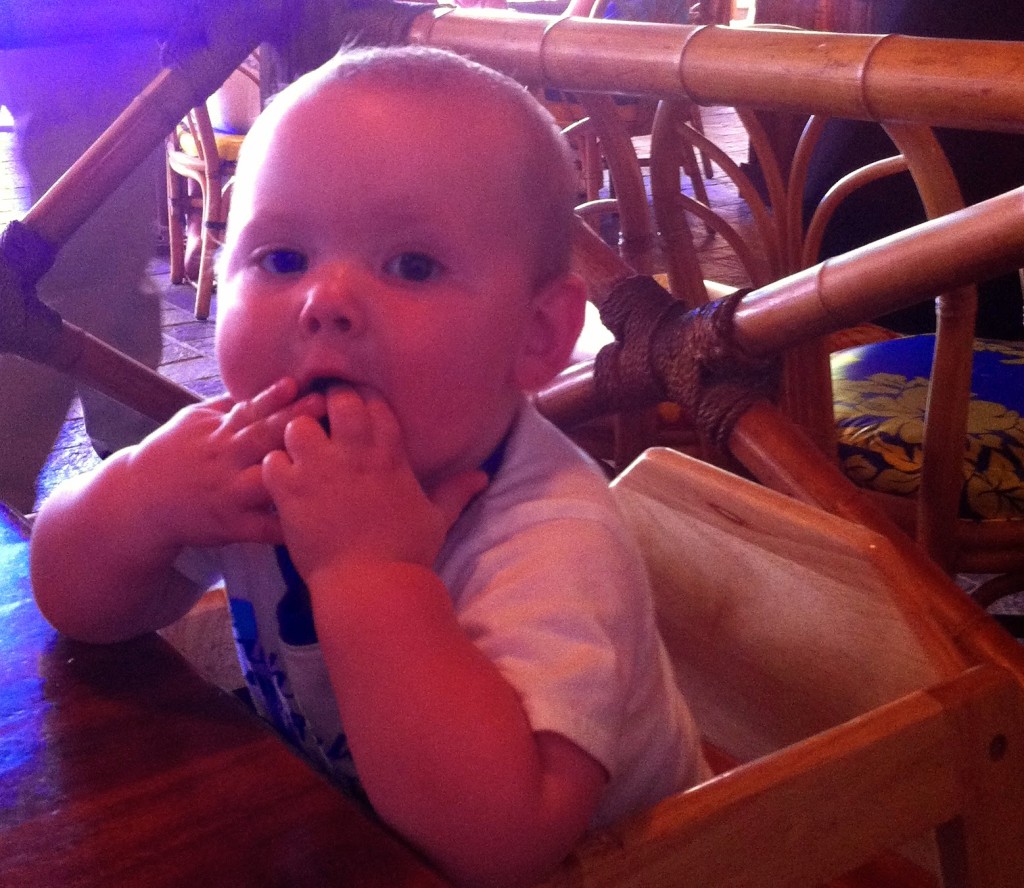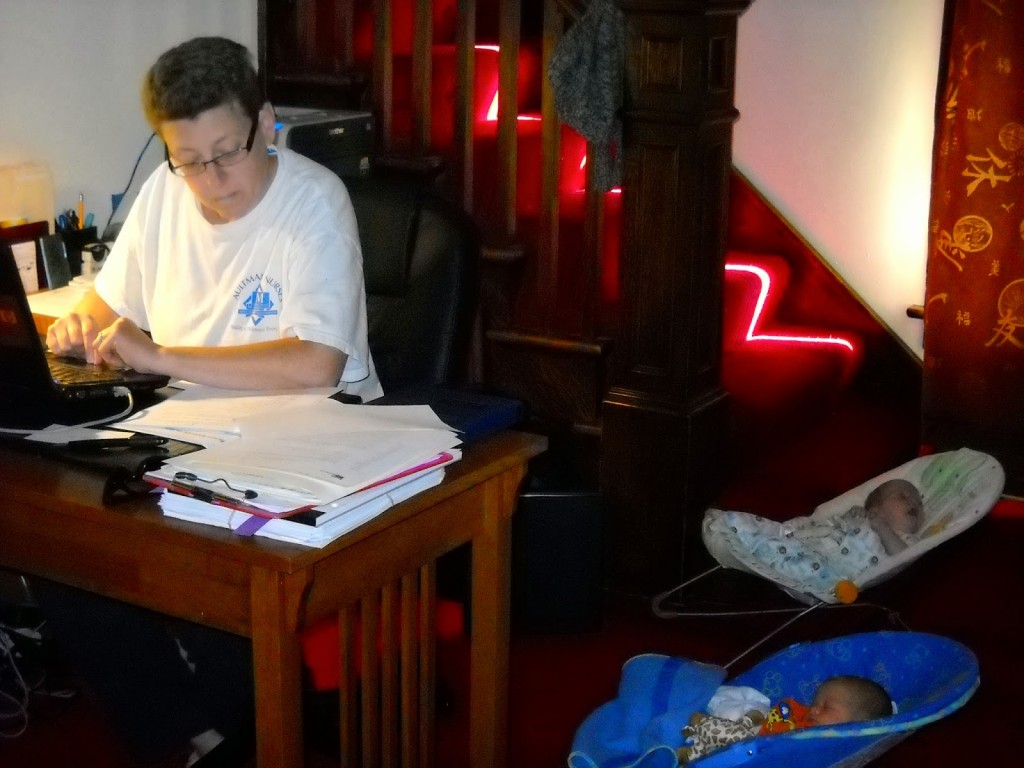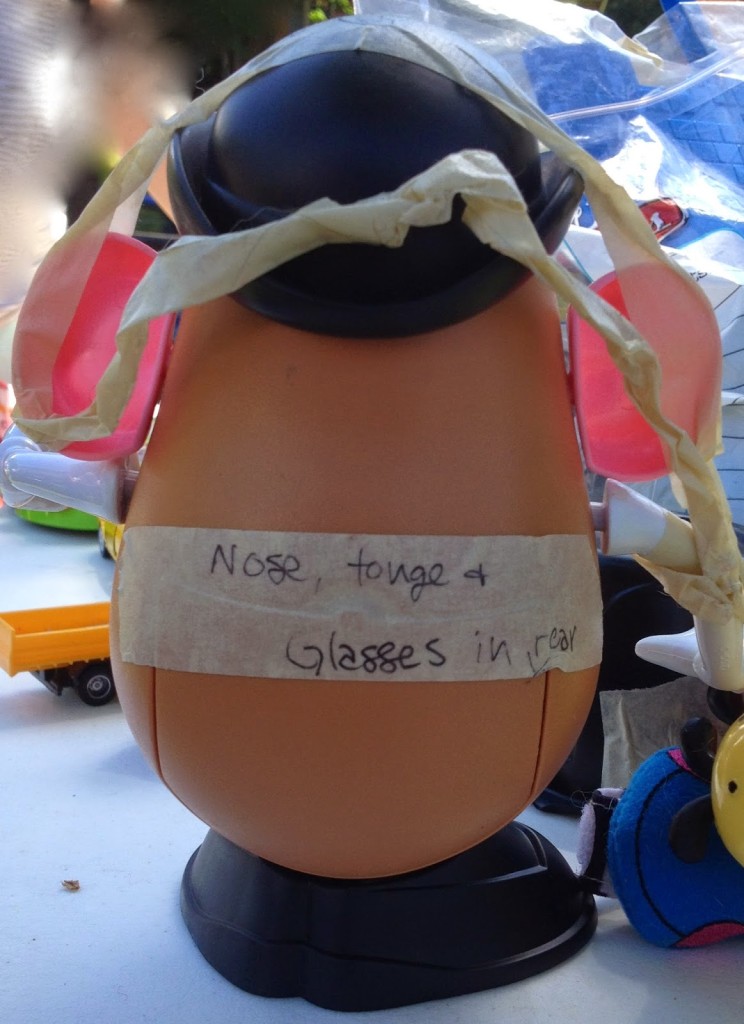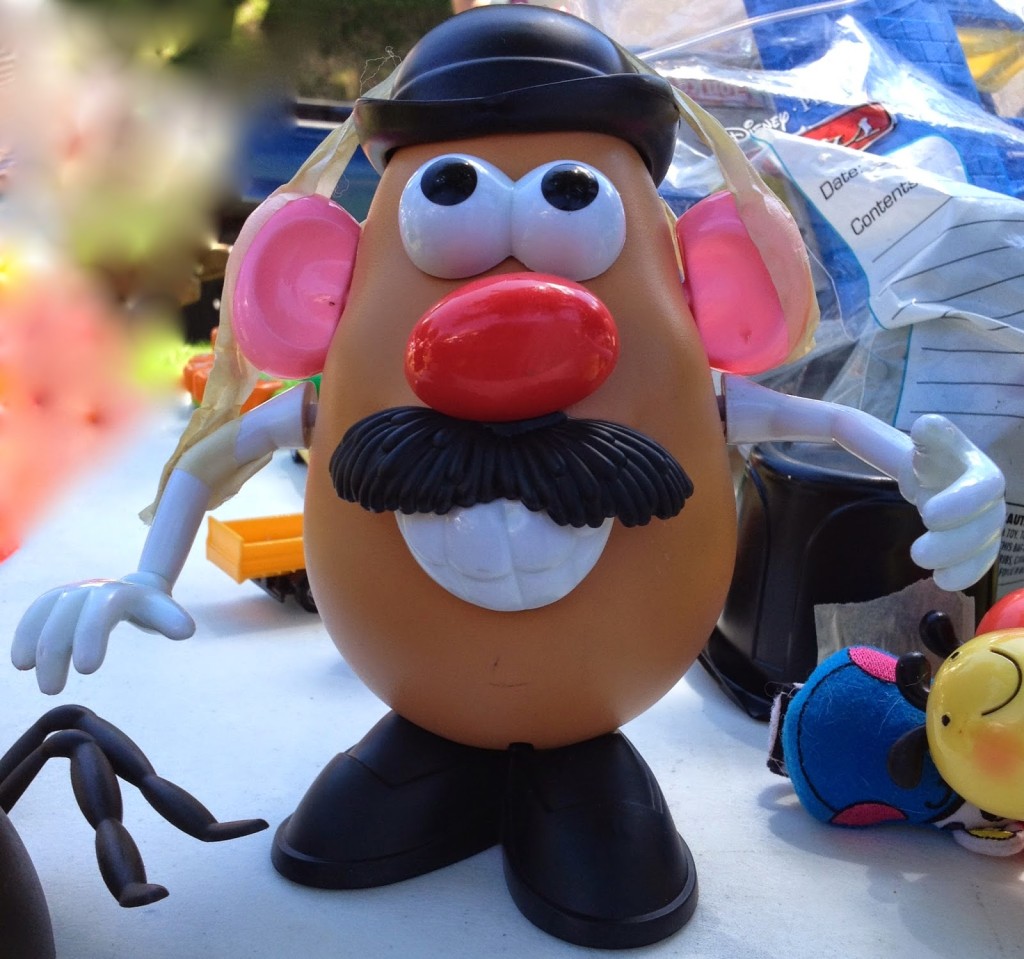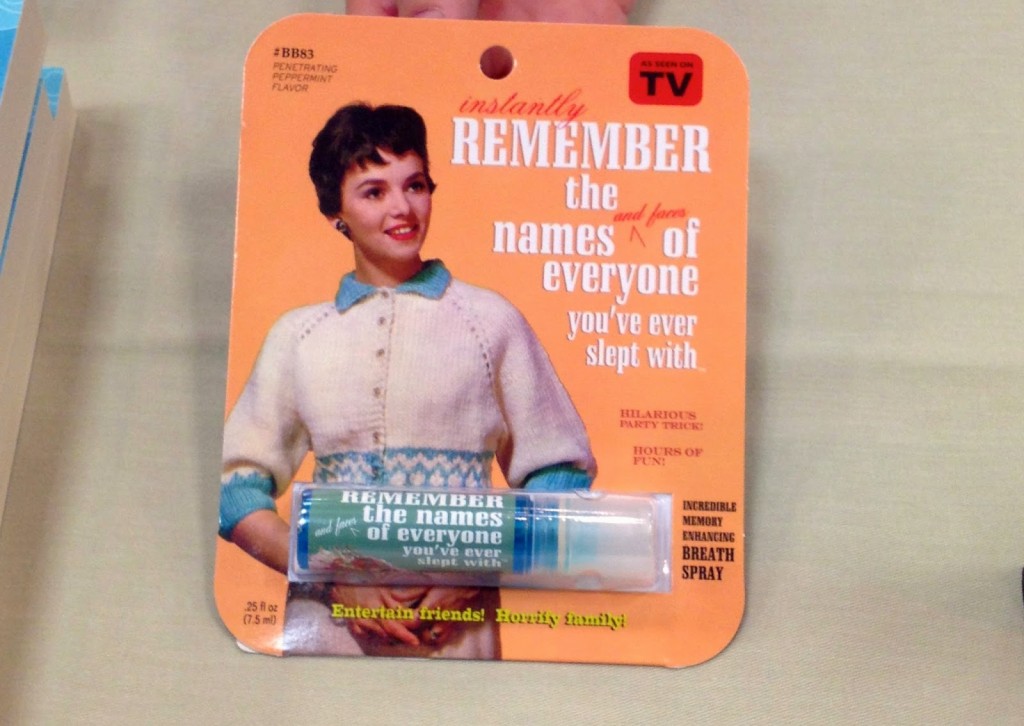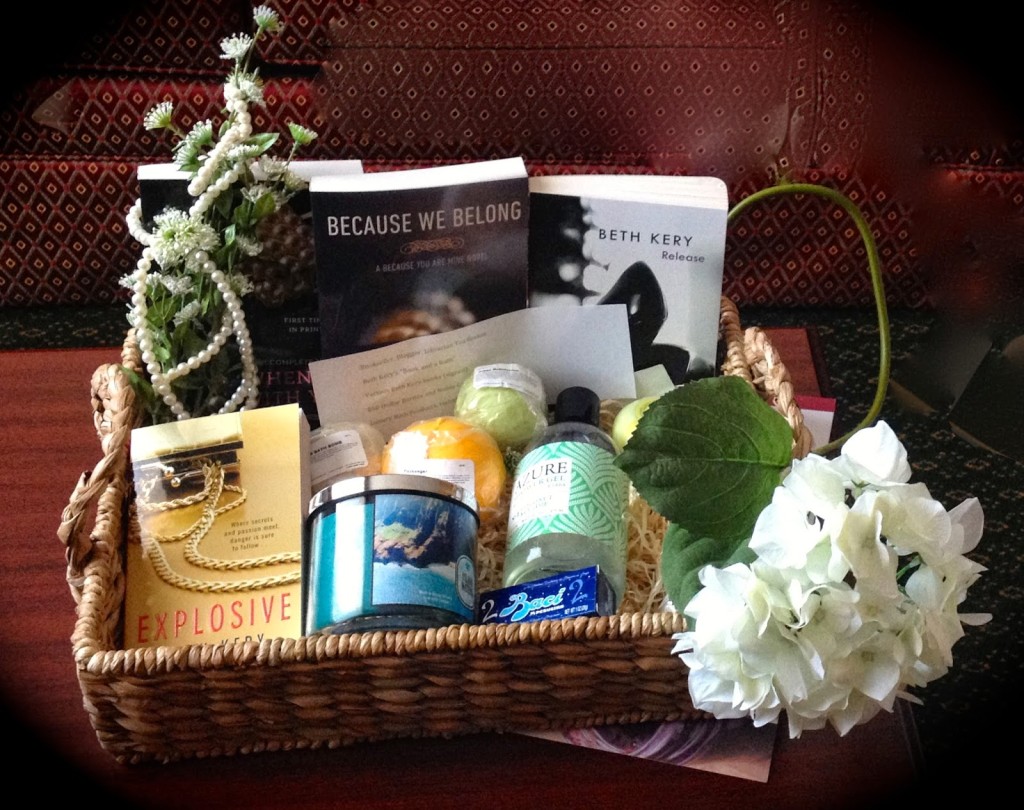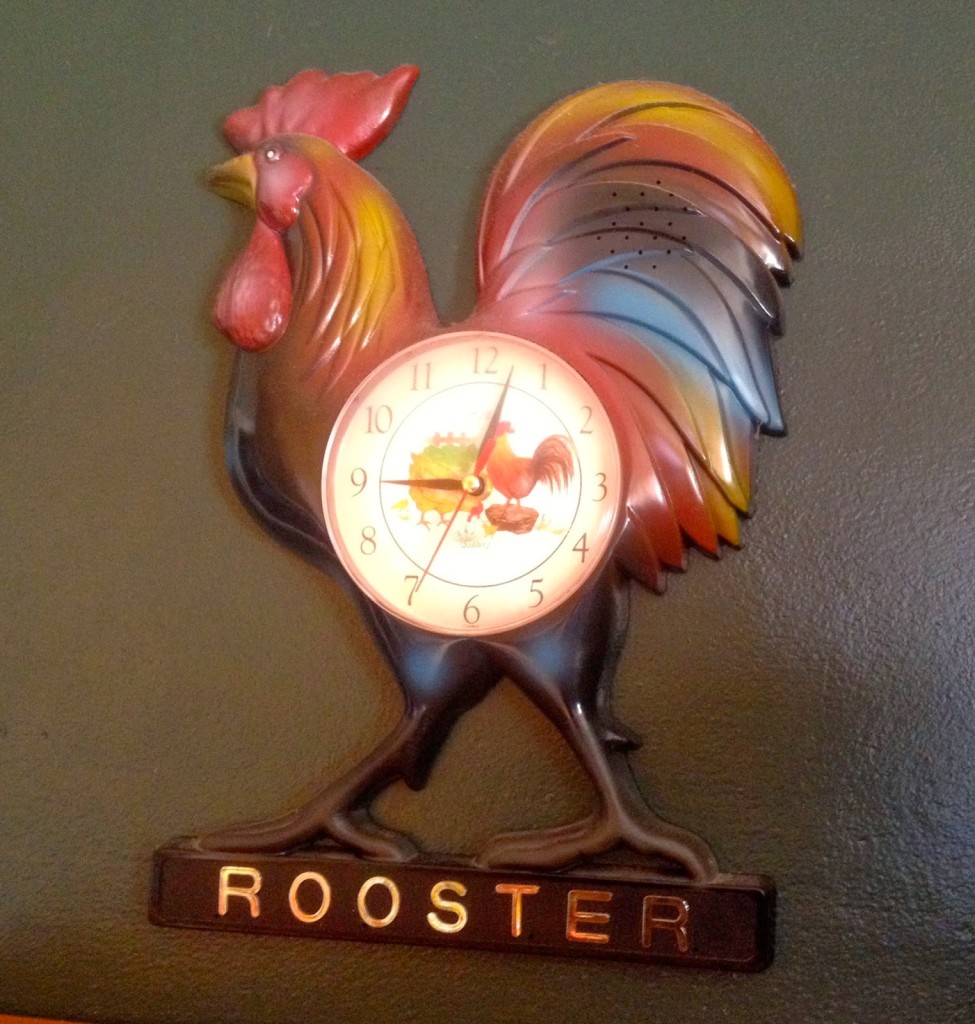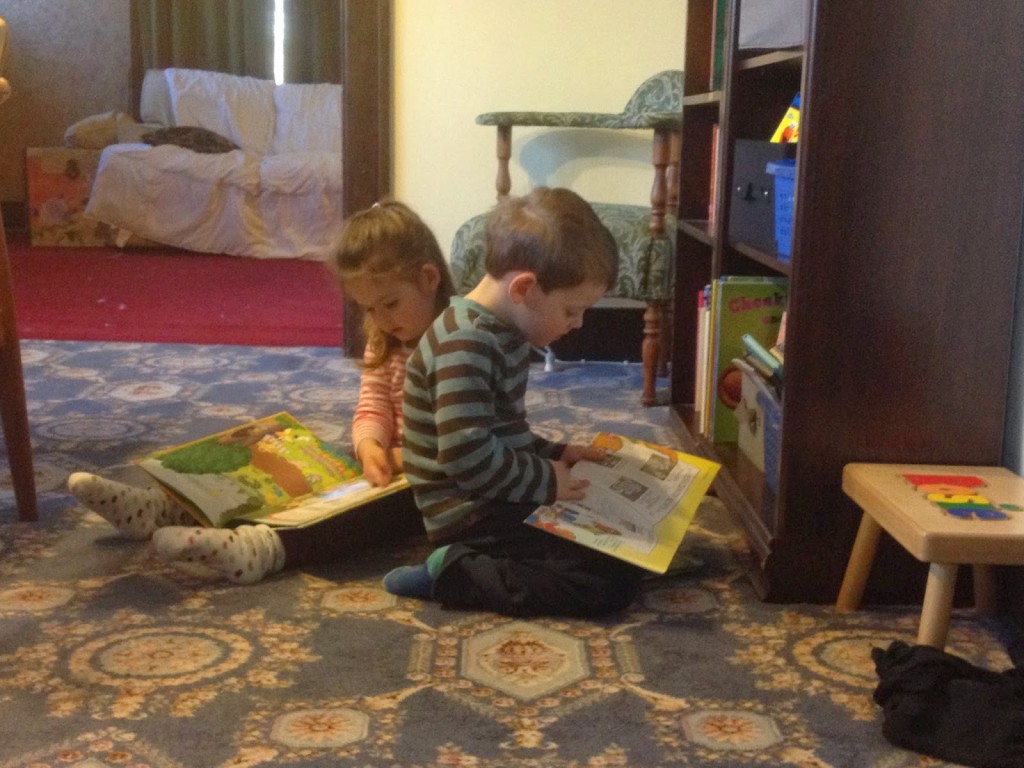 |
| The bar. Again. |
I met Terese Ramin at my first writers’ conference. Chicago-North RWA Spring Fling 2012 to be exact. I was loitering at the bar waiting to register. I noticed Terese’s conference badge, and struck up a conversation. She was presenting at the conference. We spent
most of the evening laughing, talking, and getting to know each other over
fries and good beer.
encouraging, and supportive. She is also has ADD/ADHD, and is a successful novelist, and editor. She very kindly agreed to do an interview for this blog. I have enjoyed Terese’s books. This is the link to Terese’s Amazon page. Her biography follows the interview.
1. When were
you diagnosed with ADD/ADHD?
was officially diagnosed with ADD in 1996 when I took my son for diagnosis at
his high school’s request. I took the test with him to be supportive.
Was there a specific event that caused you to seek a diagnosis?
son’s high school requested that he be tested (and put on medication).
Do you think having a diagnosis helped?
it helped *me* realize what had always held me back / been “wrong” with me, and
why there were “bad conduct” marks on my school records. Girls didn’t have
ADD/ADHD when I was in grade school.
Have you faced any discrimination because of your diagnosis?
As an adult, the only people who know about my ADD/ADHD are those I choose to
tell. And since being ADD/ADHD affects my entire life, I let people know. My
son, on the other hand, didn’t want people to know, didn’t want to take meds,
etc., because it would have labeled him in high school as “one of those kids”
who got called out of class to take a prescription medication. We worked with
his ADD/ADHD in other ways and, boy, am I glad! He’s very successful as a
teacher now.
How did you organize/ focus yourself to write books?
was first diagnosed, I saw a therapist who gave me suggestions to help keep me
focused – creating a CD that looped with the question “Are you on task?” played
at 5 and 10 minutes intervals.
also used a CD called High Focus that essentially
plays white noise. It was highly effective, especially played softly. I also
used guided meditation and a couple of “In the Zone” CDs that are used to help
athletes maintain focus while they work out.
What is the biggest challenge for you when writing a novel?
man. <G> For writing a novel, I need to get to the place in the book
where I can go into hyper-focus. Hyper-focus is something I’m good at – as long
as I’m being stimulated by what I do, or as long as what I’m doing is a
relatively simple, repetitive task (I’m a great editor due to hyper-focus, and
I’m pretty good at detail work – as long my brain doesn’t decide the details
are boring.) Boredom is my biggest problem.
thing that works is for me to be able to get up and wander around doing simple,
non-thinking tasks as I write – taking care of the laundry, loading the
dishwasher, dusting, etc. Those are things I hate to do, but when I do them
during the process of working on a novel, I don’t have to come out of the
“zone” or the story to do them. Doing
simple tasks allows me to daydream the next line, paragraph, or scene, and
return to the computer able to write a few more pages.
Are you an Outliner or Pantser?
I wish I could outline a novel or create a beat sheet, then just fill in the
blanks on the pages. The moment I start to do that, my brain screams “lunch!”
and refuses to budge – it’s that boredom thing or the restless ADHD thing
kicking in: an outline causes me to tell the story to myself, which means I’ve
already written it, which means “bored now” when it comes to trying to write
all 70-85,000 words.
counter this, I give myself a blurb to remind myself where I need to get to
from here, post that on the wall where I can see it, and slowly make my way
toward the end goal: a completed novel.
How do you handle the distraction of the internet?
I have a routine of getting up in the morning, handling my email, reading the
online news, doing a little Facebook / Twitter / social media to keep my name
out there, but that means I also use up my best creative time. I might be
finished with all of those internet things by 8 a.m., but then the dogs need
attention, there are dirty dishes that need attention, the laundry needs to go
into the dryer, etc. It would be far better for me to revise that routine and
start with writing, but it takes a long time for me to create a routine that
works for me. It’s much easier to fall back on the routine I have. The bottom
line is that I’m much much more productive
if I follow a daily routine, but creating the right routine takes thought and discipline that I sometimes don’t
have.
Do you think that it would have been helpful to be diagnosed at an earlier age?
in today’s climate, yes. Back when I was growing up? Maybe – at least then my
parents and teachers would have understood the reason for why I was the way I
was. But being diagnosed earlier – especially back in a time when using
ADD/ADHD medication properly was still pretty new – might also have meant being
medicated, which brings up a whole new world of issues.
What advice would you give writers struggling with attention issues?
your attention issues. I look at my son who’s always done seven or eight things
at the same time – and that worked for him. When he was in school, if he wasn’t
listening to at least one sporting event, playing the guitar (or the bassoon,
or something), reading a book, talking on the phone, trolling the internet AND
doing his homework, I knew he wasn’t getting his schoolwork done. He’s never
needed to be medicated and I’m proud of the man he’s become.
I also look at the way he innately handled his ADD/ADHD and I realize that my
own process of staying in the zone by doing housework while I’m writing is much
the same thing. I just need to “stay on task” get back to that routine.
author of eleven novels and numerous short stories. Her autobiographical essay,
“Two-Puppy Theory”, is included in the anthology The Sound and the Furry, sales of which benefit the International
Fund for Animal Welfare. The Cured,
her most recent release with author David Wind, is her first suspense-thriller.
Her next release will be an urban paranormal romance with writing partner Dawn
Johanson.
as an editor, ghost writer, book doctor, and a paranormal investigator. She
lives in Michigan with her husband and a bunch of rescued dogs.
